no. 96: Whales are people now
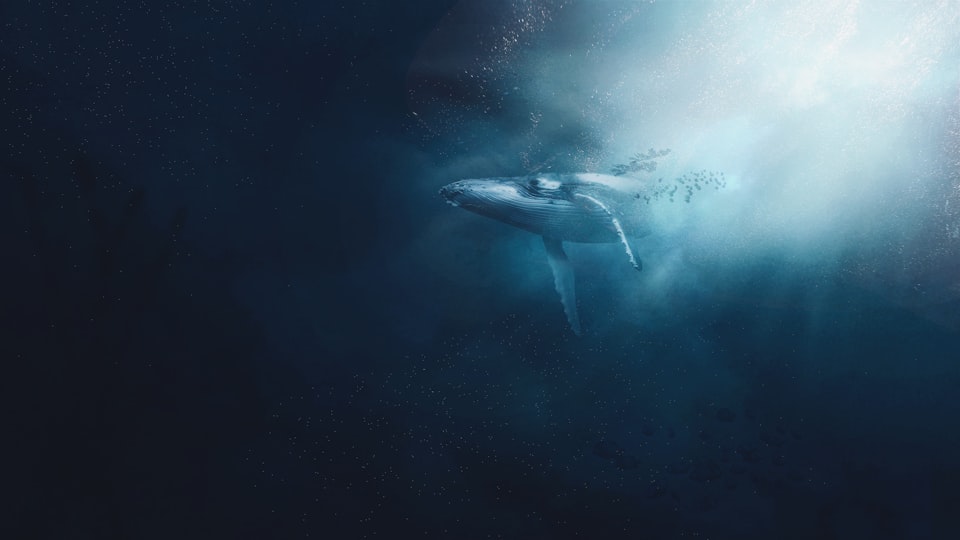
Hi friend,
What a week! If you're in North America, did you catch the eclipse?
NYC wasn't in the path of totality, but we had about 90% coverage and the skies were clear enough to see. My brother and I went to a local park that was handing out glasses, and we tragically got there just after they handed out the last one...
But by a stroke of luck, someone else was walking around with a few dozen so we snagged one of the last pairs!
The eclipse was pretty cool, but perhaps even cooler was seeing thousands and thousands of people all coming together in the middle of a Monday to look in awe at this (extremely unlikely) natural event that really reminds us how lucky we are. Nature's the best at so many things, and we can add bringing people together to that infinite list.
Let me know about your eclipse experience, and enjoy the rest of this week's good news!
The good from Monday, April 8

A full solar eclipse took place in North America because the moon is 400 times smaller than the sun but just so happens to also be 400 times closer. (CBS)
Thrifting is cool again since a new report says the used apparel market grew 7 times faster than general retail last year showing that consumers value affordable clothing and sustainability perhaps more than ever before. (Ecowatch & ThredUp)
The US just brought back endangered species protections that say economic factors can’t influence listing a species as threatened or endangered and they’ll once again automatically protect wolverines, alligator snapping turtles, spotted owls and more. (AP)
Spain is following France’s lead and will likely ban short domestic flights if a train alternative under 2.5 hours is available and potentially restrict private jet usage to slash the nation’s emissions. (Euronews)
The good from Tuesday, April 9
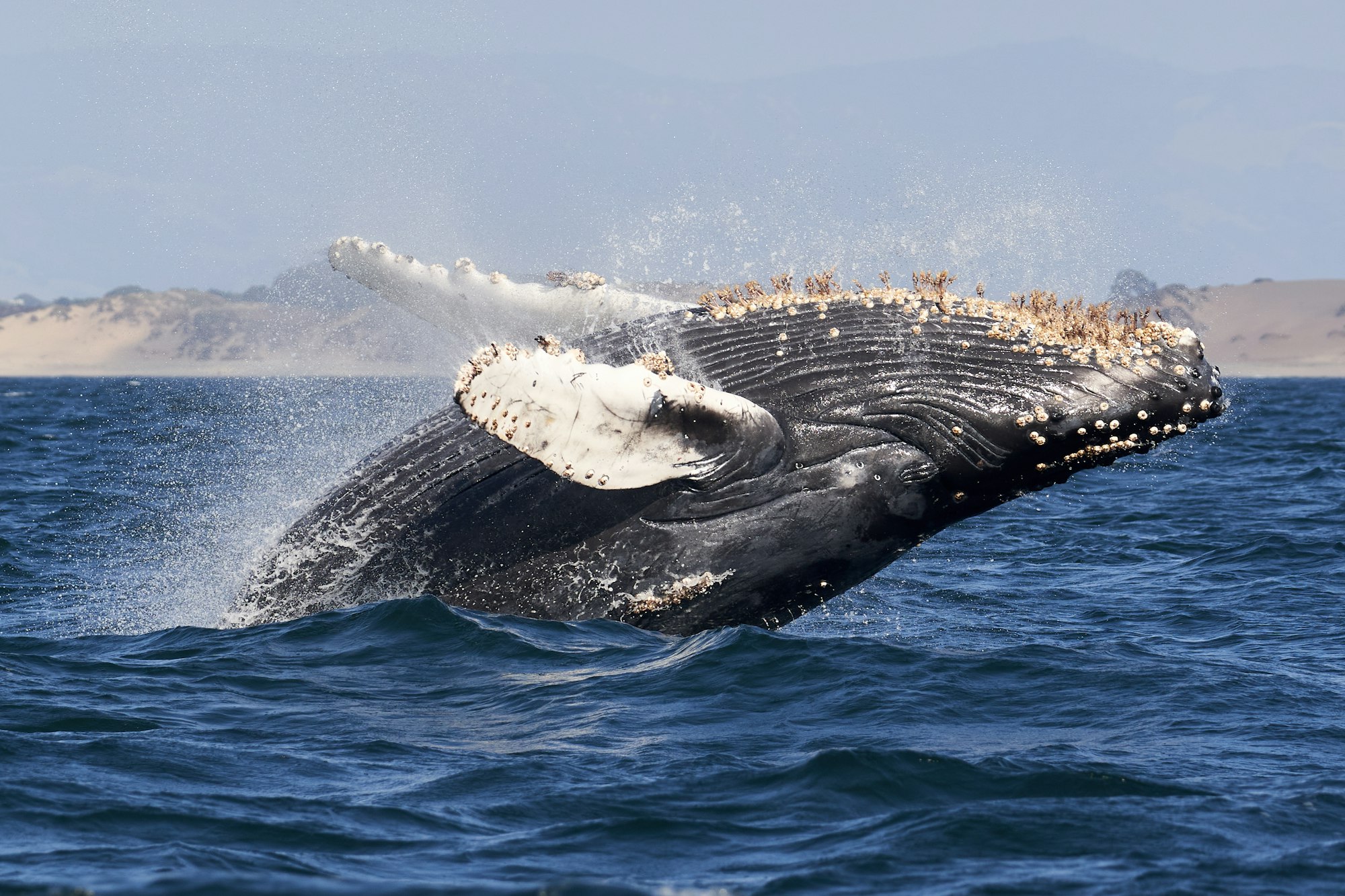
Whales are now legal persons according to a treaty signed by indigenous leaders from New Zealand, Tahiti, and the Cook Islands to pressure governments for better protections, which sounds far-fetched until you remember that the Whanganui River gained personhood status by law back in 2017. (NYT)
22% of electricity in the US is now generated by renewable sources of solar, wind, hydropower, geothermal, and biomass, largely thanks to supportive state policies and tax incentives with these numbers expected to continue growing. (Grist)
Studies are showing that while residents tend to push against car-free policies at first, they actually increase their support over time after experiencing the benefits like cleaner air, less noise, and safer streets for walking and cycling. In other words, don’t knock it till you try it. (Wired)
The first “green bank” network is coming to the US with $20 billion in funding for clean energy projects with at least 70% going to low-income neighborhoods, 20% to rural areas and 5% to tribal communities to help advance environmental justice. (Inside Climate News)
^*By signing up through this link, you'll get $10, I'll get $10, and $10 will be donated to Canary Media, a nonprofit newsroom covering many good stories that I report for y'all! This isn't financial advice and do your own research, but I use and am happy with Atmos.
The good from Wednesday, April 10
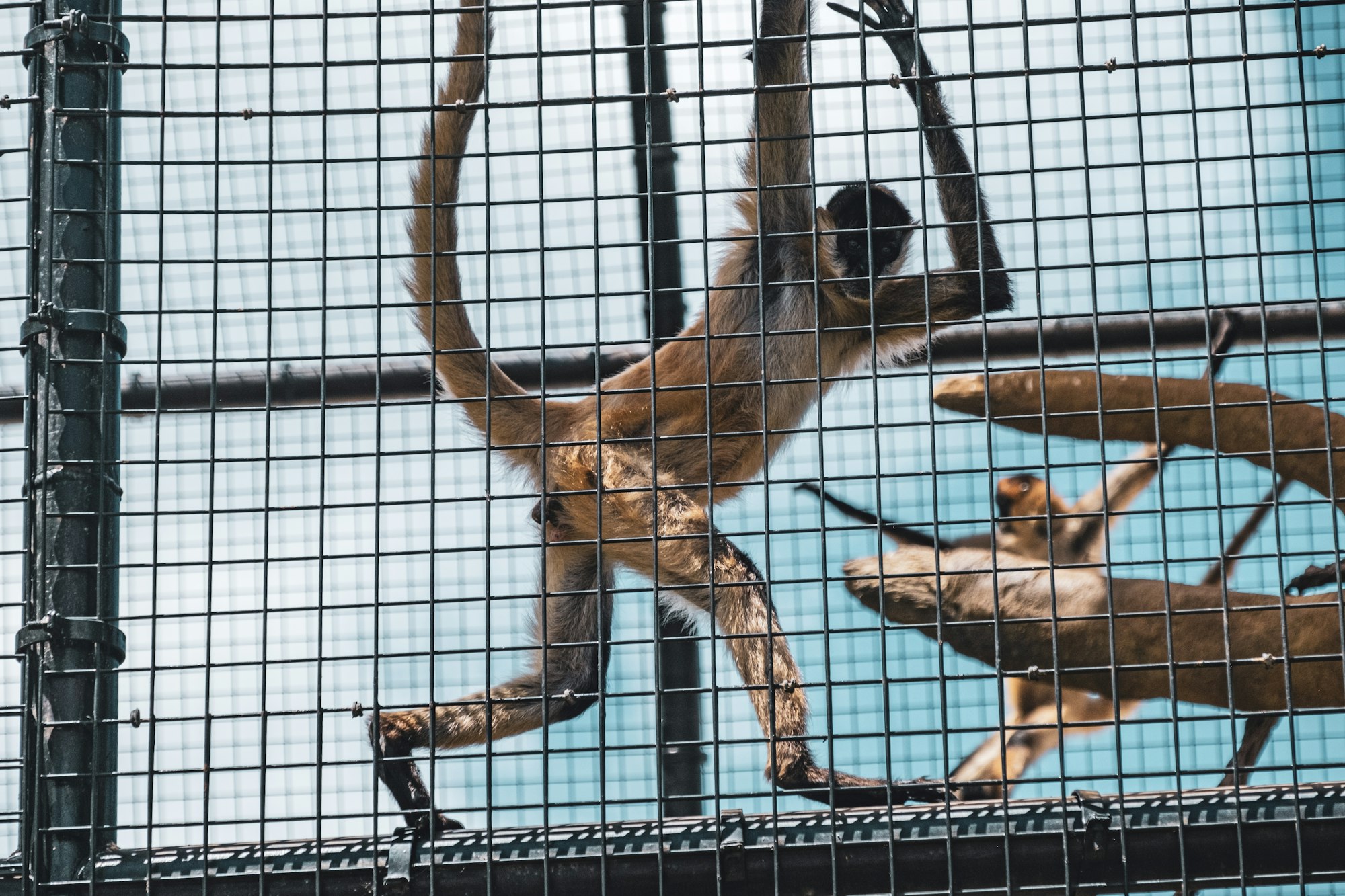
10 international organizations teamed up to create new guidelines combating illegal wildlife trafficking through global supply chains and especially shipping, by increasing awareness of suspicious activity and vigilance of cargo. (WAN)
A decommissioned coal mine in Kentucky is proposed to become a pumped hydro storage facility, which pumps water between two reservoirs at different elevations and generate electricity, which would improve energy reliability and help the local community with 1500 jobs. (Canary Media)
The first fully electric tugboat is now operating in the US which aims to decrease the air pollution created by current diesel models and improve health of the nearly 39 million people in the nation living close to ports. (Canary Media)
The Carrifran Wildwood project in Scotland has been using community-led rewilding to revert lands back into the diverse and flourishing natural habitats so successfully that they’ve inspired other rewilding efforts to sprout up across the UK. (The Guardian)
The good from Thursday, April 11 (featuring my friend Sabs!)

New York City Council has “found” an additional $6 billion dollars for the budget and now say the mayor’s proposed cuts are unnecessary and should be restored for important programs like community composting, libraries, parks, and mental health services. (BK Reader)
A super cool newly discovered species of gecko was discovered on a 12,000 mile search in the western mountains of India and scientifically named C. vangoghi because of a resemblance to van Gogh’s world-famous ‘Starry Night’ painting. (National Geographic)
A new mineral mining guide is strengthening Indigenous understanding by teaching these communities their full legal rights and how to protect themselves and negotiate with companies or governments wanting resources from their territories. (Mongabay)
The European Court of Human Rights just ruled that Switzerland failed to take sufficient climate action and thus violated its citizens' human rights, which admittedly doesn’t sound like good news, but it is because it establishes that countries have a legal obligation to meet their climate commitments and protect their citizens. (NYT)
Bonus stories ➕
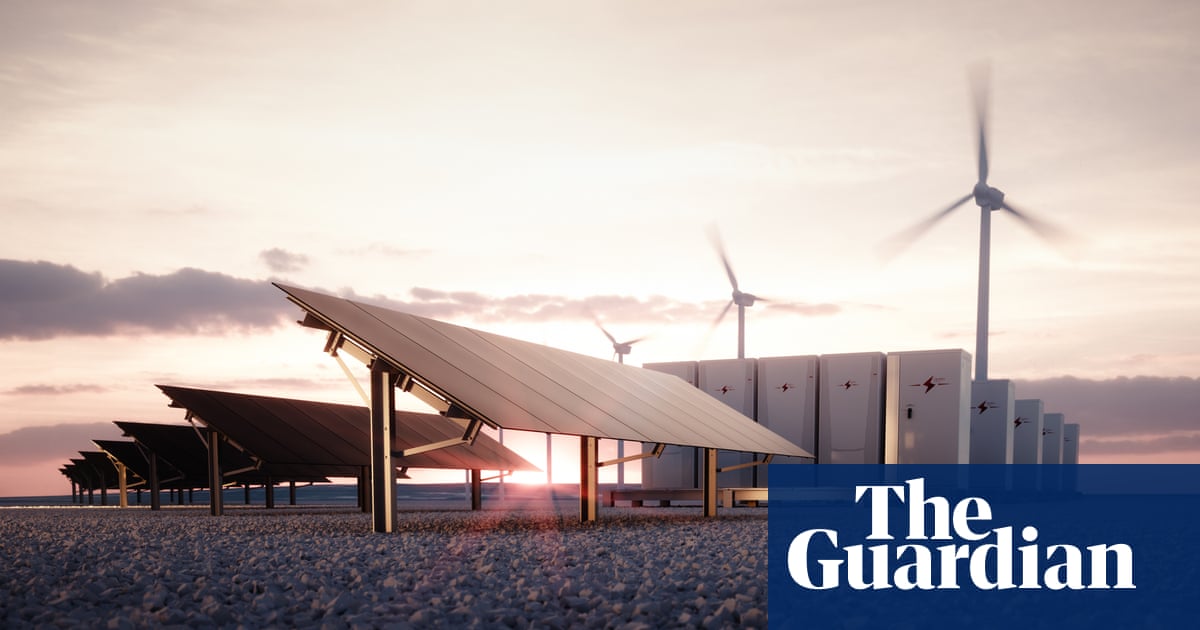
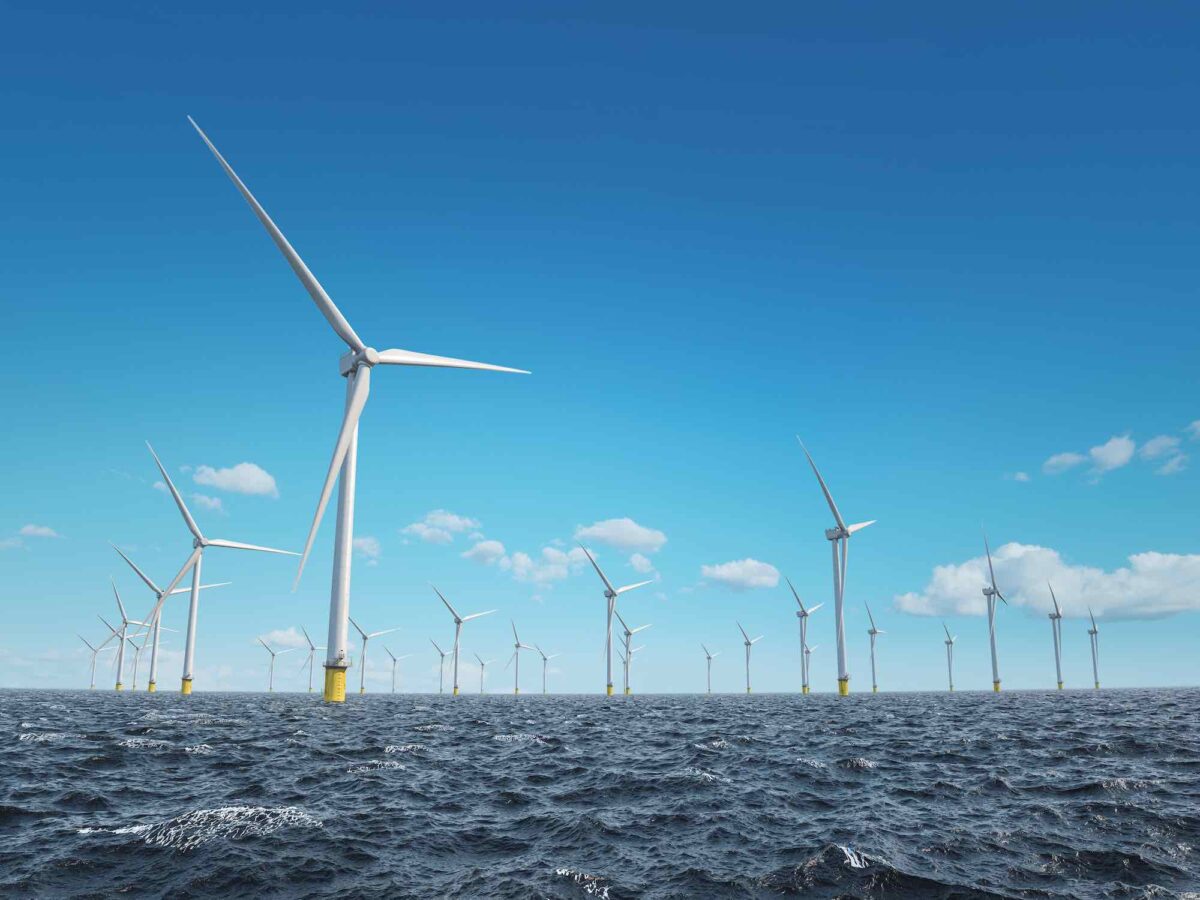
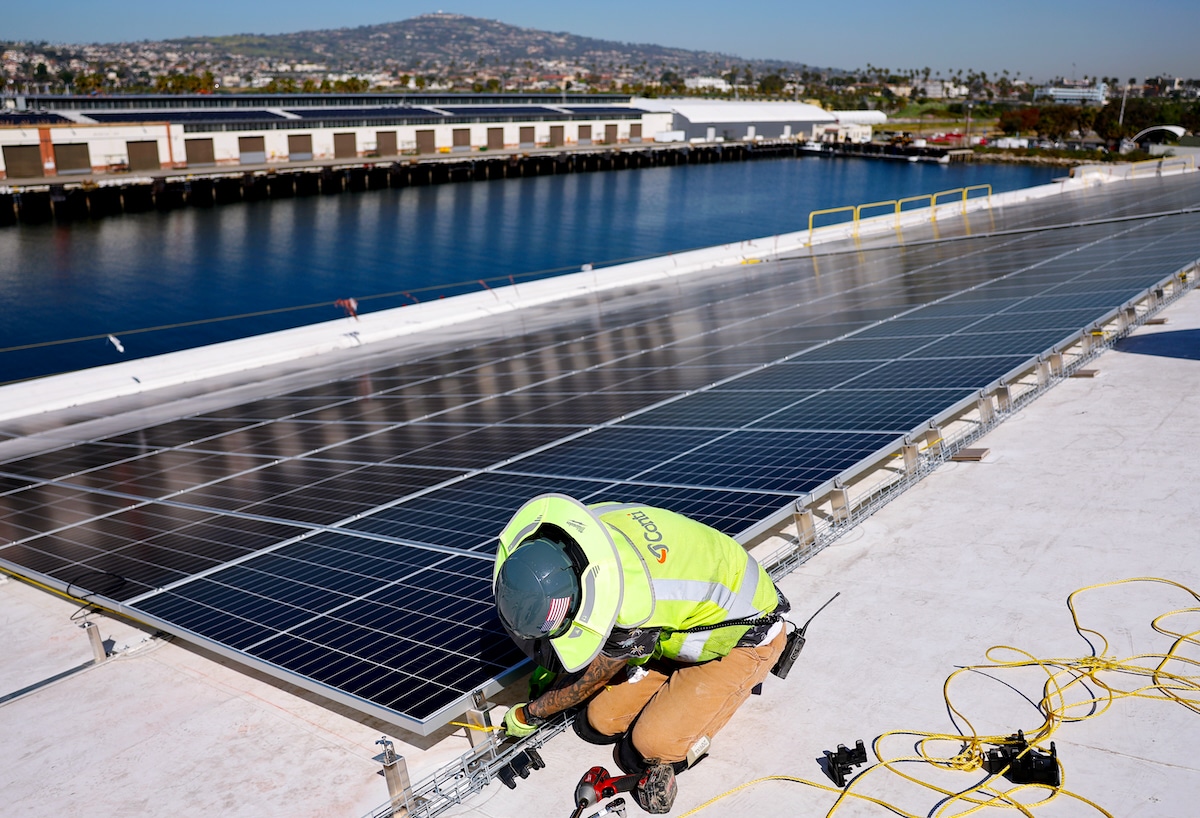

Spread this breath of fresh air🪴
By supporting Climativity, you're helping these good stories reach more people around the world.
Support good news & independent publishingSee you again soon,
Jacob
P.S. some important info:
- *: I get a commission from these links at no additional expense to you (usually, you'll get a discount!).
- I write and publish this newsletter using Ghost, and I truly love the platform. If you want to start your own newsletter, consider Ghost* (and let me know – I'll be your first subscriber!)
- This is an independent publication that relies on reader feedback to continuously improve. Never hesitate to reach out with comments or questions.





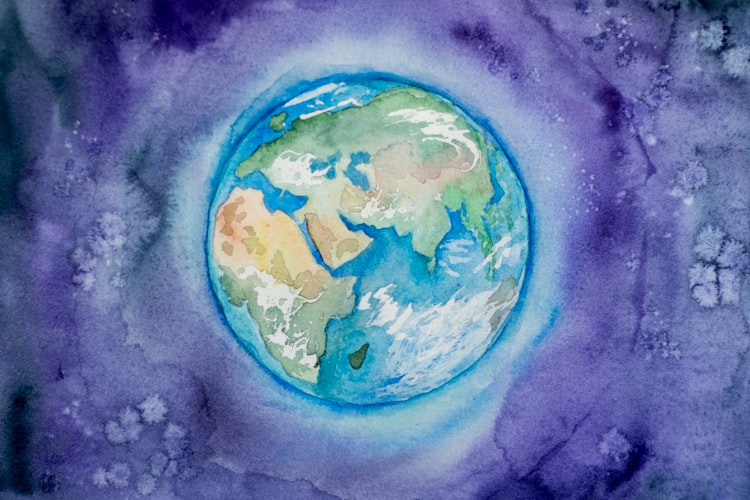



Member discussion